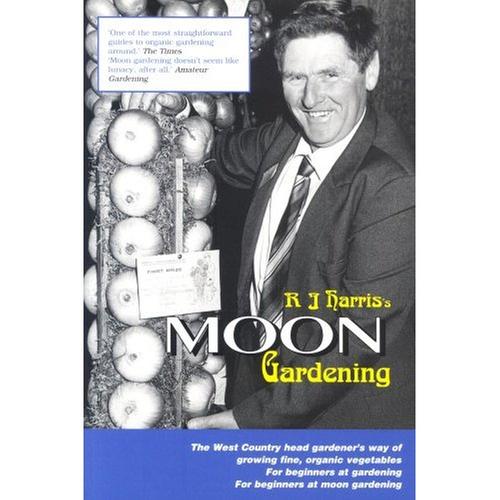
 19
19




Visit Redhawk's soil series: https://permies.com/wiki/redhawk-soil
How permies.com works: https://permies.com/wiki/34193/permies-works-links-threads
 7
7




I want to be 15 again …so I can ruin my life differently.
 6
6




 2
2




 4
4





 7
7




Passionate advocate for living at a human scale and pace.
Help me grow the permaculture presence in Indiana https://permies.com/t/243107
Concise Guide to Permies' Publishing Standards: https://permies.com/wiki/220744

 7
7




Working toward a permaculture-strong retirement near sunny Sperling.











 2
2




Derek Thille wrote:On the Weedy Garden YouTube channel (from Australia) yesterday, I watched a video about planting crops based on the lunar cycle - it was suggested planting different types of crops (leafy, fruit, root) based on different parts of the lunar cycle. I found it intriguing, but for us, with a relatively short growing season, frost dates are probably more critical such that delaying planting by a few weeks to get the "ideal" part of the lunar cycle could potentially be disastrous for obtaining a yield.
Working toward a permaculture-strong retirement near sunny Sperling.
 8
8




Do what you want, but don't hurt yourself and don't hurt anyone else












 1
1




How Permies works: https://permies.com/wiki/34193/permies-works-links-threads
My projects on Skye: The tree field, Growing and landracing, perennial polycultures, "Don't dream it - be it! "
 1
1




Invasive plants are Earth's way of insisting we notice her medicines. Stephen Herrod Buhner
Everyone learns what works by learning what doesn't work. Stephen Herrod Buhner

| I agree. Here's the link: http://stoves2.com |



